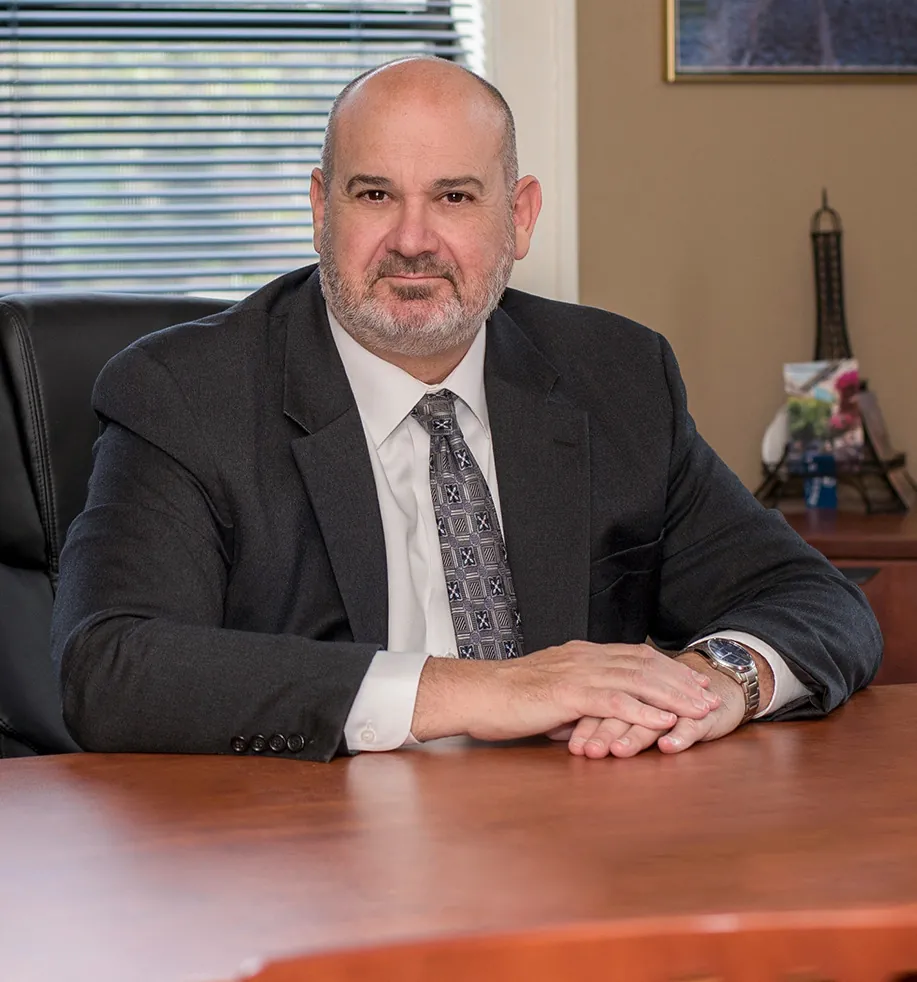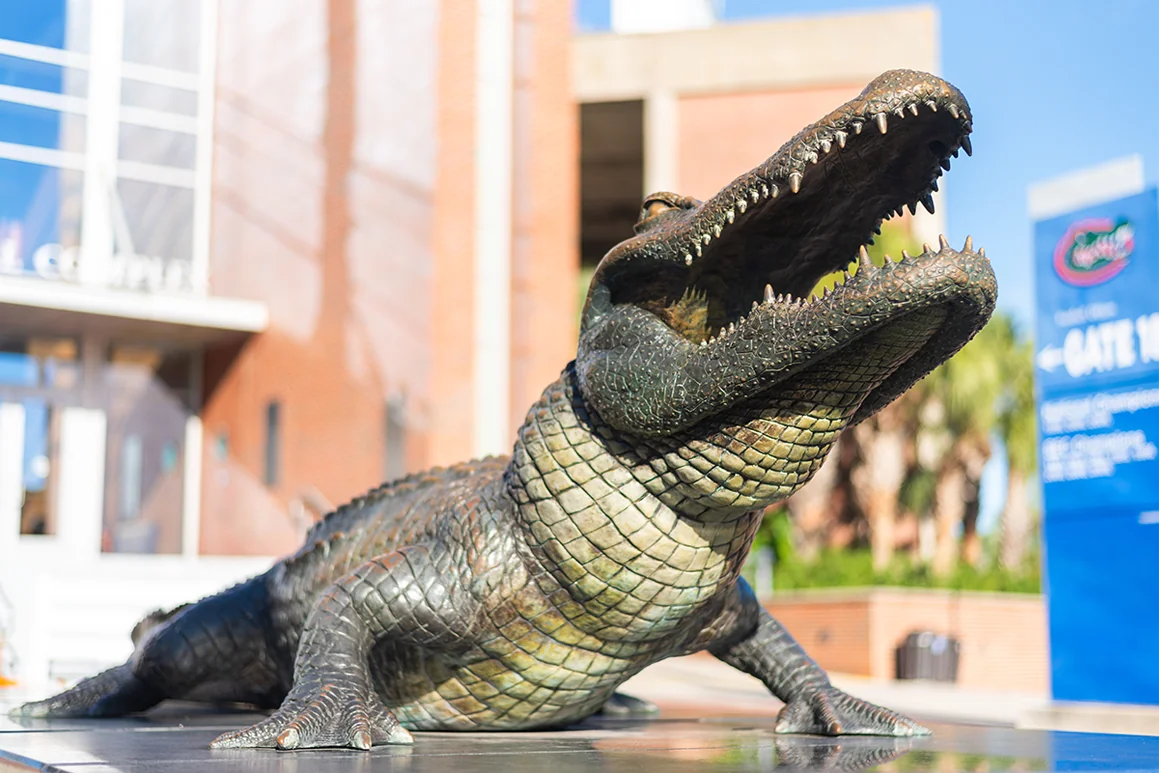Typically, cheating in an academic setting entails the unauthorized use of information or assistance from another person on academic assignments or tests. Methods of cheating are generally any method or practice to complete coursework that the course instructor does not authorize.
On the other hand, plagiarism is using another person’s work without properly attributing credit to the author or creator of such work. Plagiarism usually includes a student or author trying to pass off another’s work as their own; however, in some cases, it can be as simple as not attributing credit to the author.
Both cheating and plagiarism are almost always considered forms of academic dishonesty. They will almost certainly violate any academic code of conduct required by a school, university, or other educational institution. Cheating and plagiarism are generally frowned upon and can result in serious consequences, such as failing the course or expulsion from the institution.
Florida Cheating and Plagiarism Attorney
If you have been accused of cheating and plagiarism in Florida, contact Galigani Law Firm. Gainesville criminal defense attorney Galigani Dean Galigani and his legal team have represented many students accused of academic dishonesty or other codes of conduct violations. We know how seriously a mark on your record can hurt your future. Attorney Galigani can help you fight against those cheating allegations.
Galigani Law Firm accepts cases all throughout Gainesville, Florida including Alachua County, Columbia County, Gilchrist County, Levy County, and Marion County. To discuss your legal options, call Galigani Law Firm today at (352) 375-0812.
Information Center
- How Are Cheating And Plagiarism Detected?
- Consequences Of Cheating And Plagiarism
- Student Rights In Disciplinary Action
- How Can An Attorney Help With Cheating Or Plagiarism Allegations?
- Additional Resources
How Are Cheating And Plagiarism Detected?
Instructors or professors are often keen to spot cheating and plagiarism in student work. Sometimes instructors have been trained to spot cheating and plagiarism, and other times instructors have been teaching for so long that they have seen many of the materials students often cite or source for ideas in their work, making them aware of concepts or ideas which are not originally the students.
Other times, schools, universities, or institutions employ the use of automatic detection software that will give instructors pertinent data on when a student clicks off a page or software that will automatically compare a student’s submitted paper to online search results. Software utilized by universities often contains a large amount of data regarding the student’s conduct during an assignment or test, and such data may be used against the student when disciplinary action is taken.
Importantly, not all methods or practices detecting cheating and plagiarism are certain and can be prone to error. These errors can cause students to be wrongfully accused of cheating or plagiarism and cause trouble. Conferring with an attorney to look at the evidence against the student is likely in their best interest.
Consequences Of Cheating And Plagiarism
The consequences for academic dishonesty or honor code violations often differ depending on how the institution handles such conduct. Some violations can result in an informal slap on the wrist, while others can result in disciplinary hearings, failure of a course, or expulsion. For some institutions, first-time offenders will often have to appear before the institution’s disciplinary committee, and they will fail the course due to cheating or plagiarism.
Second or subsequent violations will often result in more serious disciplinary action, for which a student ordinarily may exercise rights they may not be aware of.
Student Rights In Disciplinary Action
Not many students are aware, but those attending public institutions are entitled to constitutional rights for disciplinary actions taken against them by the school. Below are a few Florida public schools:
- University of Florida
- Florida State University
- University of South Florida
- University of Central Florida
These institutions must afford students their right to due process as public schools. The right to due process may include such rights as having a right to hear what rules the student has broken and what conduct constituted the violation. The student may also be entitled to the right to present their side of the story, a defense for themself, or even offer witnesses to the conduct that took place. If the student faces expulsion, they have a right to challenge the school’s determination.
Student rights are different in some private or private and public universities or schools. Often the rights the student may enforce result from the contract established between the student and school when the student was formally enrolled.
It is important to note that cheating and plagiarism allegations often do not rise to a criminal level of conduct. As such, a student is not afforded the same rights as they would be when charged with a crime. Such rights as the right to remain silent or the right to an attorney are not guaranteed because no criminal charges are being levied against the student. Students should be aware of those rights they pertain to disciplinary action.
In addition, if a student is contacted by law enforcement for their conduct, they should contact an attorney immediately. Bribery is a common form of cheating that may rise to the criminal level.
How Can An Attorney Help With Cheating Or Plagiarism Allegations?
Regardless of whether the institution is public, private, or both in some ways, a knowledgeable academic misconduct lawyer can help to guide students through disciplinary action. An attorney will often have a good understanding of the student’s rights about the school’s rules or how they stand as an institution.
In addition to helping a student understand their rights, an attorney can assist a student in gathering evidence to make a defense on their behalf. This may come in the form of working with the student to grasp the situation better and helping to define what conduct was specifically cheating, plagiarism or misconduct. This may also come in establishing a list and reaching out to potential witnesses to strengthen the student’s case before going before a disciplinary committee.
An attorney may also help the student field questions from such disciplinary committees or university officials in a manner that will best represent the student’s interests.
An attorney versed in student rights and disciplinary actions is a vital resource in times of trouble or need.
Additional Resources
Know Your Rights – Students’ Rights | American Civil Liberties Union – This resource discusses various student rights. It covers many scenarios where students may seek to act upon their rights.
Student Rights and Freedoms | American Association of University Professors – This resource contains reports, policies, investigations, and articles relevant to students’ rights. Topics include discussions about student media and free speech on campuses.
Gainesville Cheating and Plagiarism Lawyer | Alachua County, FL
If you are accused of cheating or plagiarism, it is imperative that you call an experienced defense lawyer as soon as possible. Accusations of plagiarism or cheating can have profound negative consequences for a student, making it difficult for the student to continue on his or her educational or career path. Protect their future by seeking qualified legal counsel with Galigani Law Firm. Attorney Dean Galigani has years of experience defending students accused of academic misconduct. He can do the same for you too.
Call at (352) 375-0812 to schedule a free consultation with Galigani Law Firm. Attorney Galigani and his legal serve clients in Florida, including Marion County, Levy County, Columbia County and Gilchrist County.







